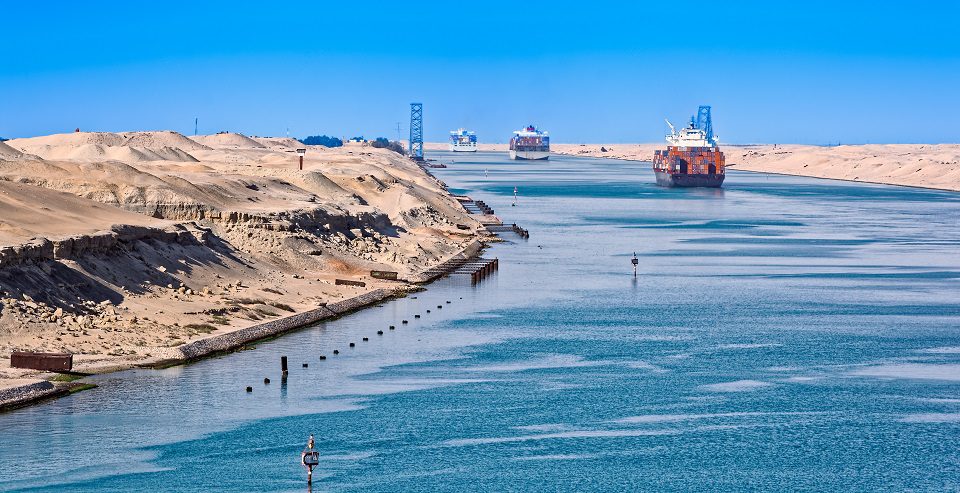
The Suez Crisis
The Suez Canal has had a long history of being both a strategic and economic asset to the empires of the West, providing an essential route for trade between European powers and their rich colonies in the East. Many conflicts have been fought over the years for this crucial route but by the 19th century, everyone just kind of agreed to share, that was until 1956.
Since the end of the war, the canals importance for the shipping of oil to the West only increased its strategical importance and the president of Egypt, Gamal Abdel Nasser, wanted to use this to his advantage. Tired of foreign interference and influence in the region, mainly by the British, Nasser decided to nationalize the Suez Canal Company and take control of the canal.
Nasser wanted to use the crisis to increase Egypt’s influence not just in the Middle East but on the world stage. This would cause Israel, France and Britain to invade to regain control. Although the event didn’t cause a global crash, countries like Great Britain where feeling the economic pinch due to the canals closure.
Eventually pressure from the United States, the Soviet Union and the United Nations caused all three countries to withdraw. Britain had the most to lose as U.S. president Dwight D. Eisenhower warned that if the British did invade the US government would sell their pound sterling bonds which would have had a devastating effect on the British economy, one still recovering from the war.










